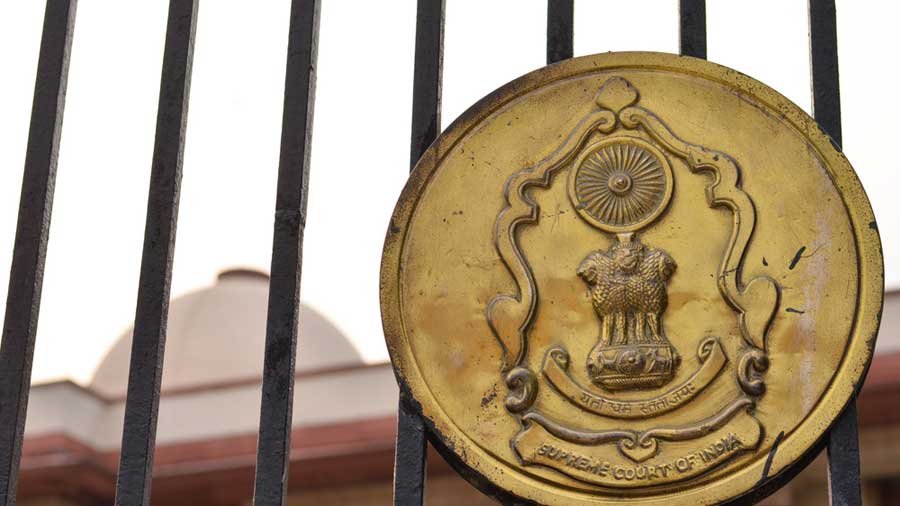Supreme Court judge Justice J.B. Pardiwala on Sunday spoke of the rising trend of social and digital media platforms being increasingly used to mould public opinion, which is leading to a “dangerous situation” where judges have to think what the media thinks rather than what the law says.
He called upon Parliament to evolve a suitable mechanism to regulate the social and digital media to preserve the rule of law.
“There has been a growing trend of personal attacks of judges for their judgments, which is leading to a dangerous scenario where the judges have to think what the media thinks, rather than what the law actually says. This puts the rule of law on the burner, ignoring the sanctity of respect for the courts. This is where digital and social media needs to be regulated throughout the country to preserve the rule of law under our constitution,” Justice Pardiwala said.
Justice Pardiwala was addressing the second Justice H.R. Khanna Memorial sympo¬sium on the theme “Vox Populi Vs Rule of Law”, jointly organised by the Dr Ram Manohar Lohiya National Law Universi¬ty, Lucknow, and the National Law University, Odisha, and the Confederation of Alumni for National Law Universities.
“The social and digital media is primarily resorted to expressing personalised opinions more against the judges, rather than as a constructive critical appraisal of their judgments. This is what is harming the judicial institution and lowering its dignity,” Justice Pardiwala said.
Justice Pardiwala did not refer to any particular inci¬dent. The judge was part of a bench, headed by Justice Surya Kant, which on Friday had come down heavily on Nupur Sharma, the suspended BJP spokesperson who made derogatory remarks on Prophet Mohammed, while refusing to entertain her plea for clubbing the multiple FIRs against her.
Stressing on the primacy of the rule of law over popular sentiments, Justice Pardiwala said that balancing the intent of the majority populace on one hand and meeting its demand and affirming the rule of law on the other was an “arduous exercise”.
“It requires extreme judicial craftsmanship to walk the tightrope between the two, that is ‘log kya kahenge, log kya sochenge’ (what will people say, what will they think?) is an enigma which haunts each and every judge whenever he is to pen down a judgment,” he said.
“I firmly believe that it is for the highest court of the country to decide things, keeping only one thing in mind that is the rule of law.... The judicial verdicts cannot be the reflection of the influence of public opinion....
“I believe in a democracy, we have systemic agreements to live by court decisions. It does not mean that court decisions are always right and free of all other considerations. We simply agree to live by those. In a democracy, law is more important,” he said.
Justice Pardiwala said the media has been often “crossing the Lakshman Rekha”, ignoring the fact that judgments are delivered on the basis of “binding precedents and inherent limitations”.
Parliament, he said should enact a “regulatory mechanism” with suitable safeguards to regulate the social and digital media.
The judge referred to the Ayodhya verdict, which assumed political overtones and “motives were attributed to the judges”.
Justice Pardiwala referred to an earlier constitution bench judgment in a SaharaSebi case that vested courts with powers to restrain media from publishing or pre judging certain matters. He said such regulations were not intended to censor media, but more to develop a “safeguard” for the society.
“A judicial verdict, right or wrong, is by a court vested with powers…. The Supreme Court and the high court under Articles 129 and 215 of the Constitution are empowered to act in furtherance of the Constitution, he said.
He added that India unfortunately “is still not a matured democracy”.
Judiciary cannot exist independent of the society. But the rule of law has to be preserved,” Justice Pardiwala said.
Additional reporting from PTI










